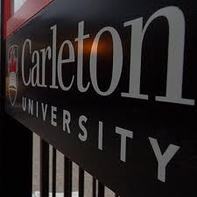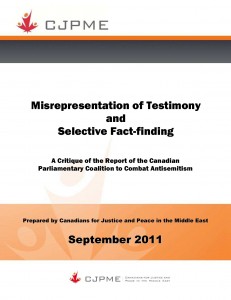by Ben White, Electronic Intifada, 10/30/2013
The reputation of a discredited definition of anti-Semitism has suffered a further blow with the news that the BBC’s governing body amended a ruling to reflect the abandonment of the text by a European Union body.
A 2005 “discussion paper” definition of anti-Semitism was drafted on the initiative of the European Union’s Monitoring Centre on Racism and Xenophobia (which has subsequently been renamed the Fundamental Rights Agency — FRA). It claimed that describing Israel’s establishment as a “racist endeavor” is an example of “anti-Semitism.”
The definition has been pushed by Israel advocates since its publication, and used in efforts to undermine Palestine solidarity work (see The Electronic Intifada report “Israel lobby uses discredited anti-Semitism definition to muzzle debate”).
In a BBC Trust ruling earlier this year, a complaint relating to the broadcaster’s coverage on comments about Israel by a British member of Parliament, David Ward, was partially upheld. The complaint had cited the EU agency’s “working definition.”
However, in correspondence with blogger Mark Elf of Jews sans frontieres, the BBC Trust first investigated, then changed its ruling (available online) to note that the definition has now “been removed” from the FRA’s website. Continue reading

 Please sign this open letter
Please sign this open letter  Ben White,
Ben White,  By Laurie Adkin,
By Laurie Adkin, 